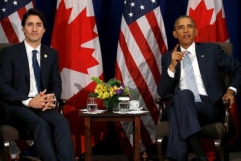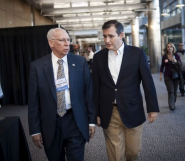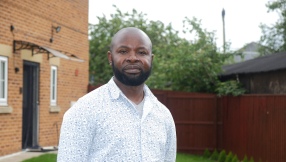A Christian physician organisation, which represents several thousand Christian physicians in Canada, is sounding an alarm about the implications of a new bill that when passed, will forced them to perform legalised euthanasia, which could violate their conscience rights.
In February 2015, the Supreme Court of Canada struck down the law against assisted suicide, ruling that it was a breach of an individual's Charter rights. The court gave the federal government one year to pass a new legislation but recently extended the deadline to June.
The Christian Medical and Dental Society of Canada organisation, however, expressed their concern to a parliamentary committee on Wednesday, saying their conscience rights have to be protected as well.
"We do not agree with assisted suicide and euthanasia. We think implementing them in the country is not a good path to go on. It will cause great harm," Cardinal Thomas Collins, who represented the group, told Althia Raj of the Huffington Post Canada on Sirius satellite radio's '"Everything Is Political.''
"What we are particularly stressing is the need, because there are very many people in our country who have profound reasons for not being able to go down that path... that their conscience rights... be protected,'' he said, Gospel Herald reported.
Collins said doctors are now under "great pressure'' to make referrals to other doctors if they do not agree on conscience grounds as the College of Physicians and Surgeons of Ontario have published guidance on the new ruling.
"Where a physician declines to provide physician-assisted death for reasons of conscience or religion, the physician must do so in a manner that respects patient dignity. Physicians must not impede access to care, even if that care conflicts with their conscience or religious beliefs," the College's interim policy states.
The cardinal said the new policy implies that even if a physician did not want to implement assisted dying, he or she must still make sure it took place. "People who are deeply involved in helping others should not be pressured into doing that [physician-assisted death] or into making it happen indirectly. Doing it and making sure it happens are morally equivalent. It's just not right.''
While not obliging physicians to make formal referrals, the College requires their representatives to provide an effective transfer of care for their patients by advising patients that other physicians may be available to see them, the Huffingtong Post reported.

















